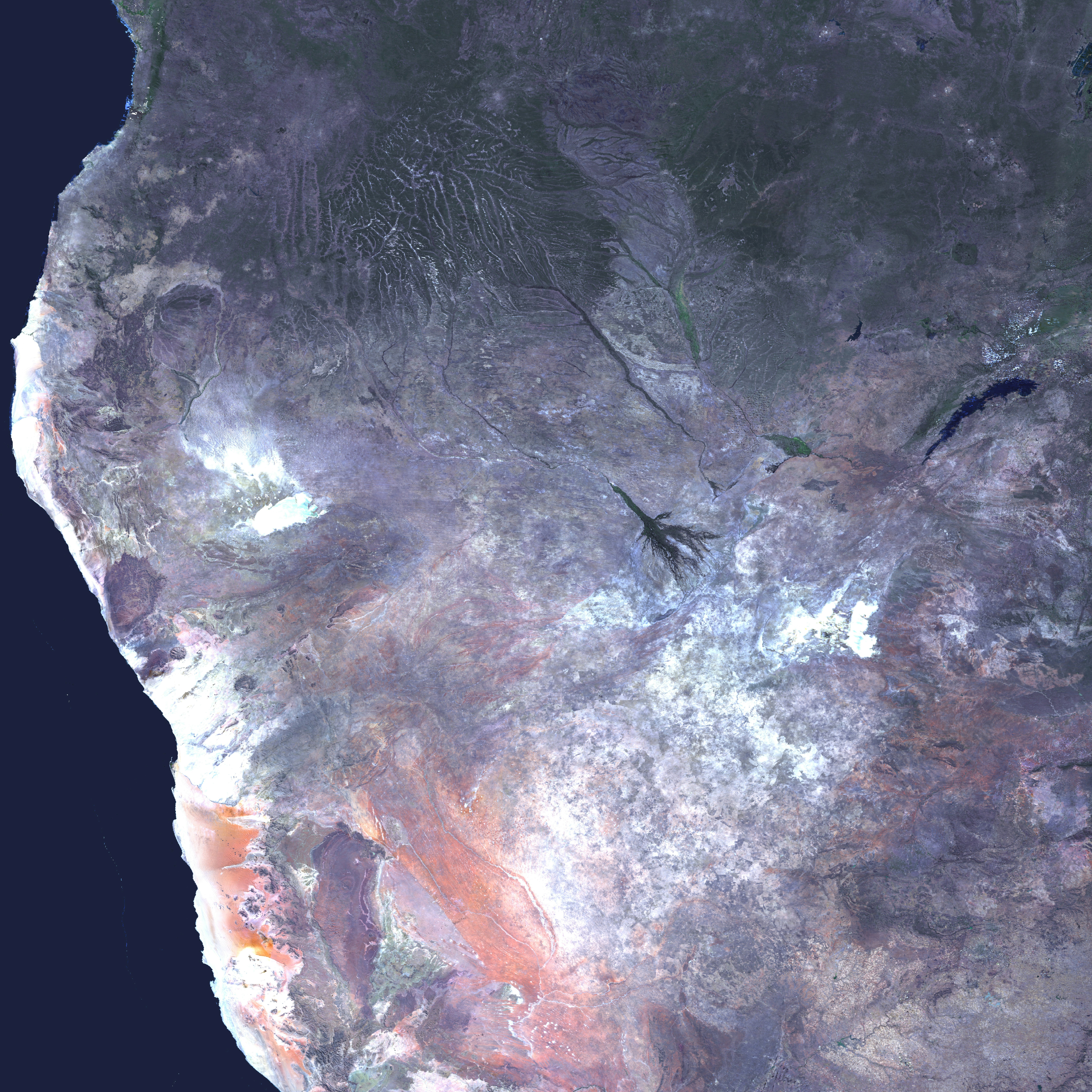AI and International Trade: Unlocking the Potential of Africa’s AI Economy
Tags
At the 2024 World Trade Organisation (WTO) Public Forum, Dr Fola Adeleke, Executive Director at the Global Center on AI Governance and Project Lead of the African Observatory on Responsible AI participated in a panel titled "AI for Trade: Maximising Benefits, Minimizing Risks" offering insights into how Africa can harness the potential of AI to drive economic growth.
The key takeaway was clear: while AI offers potential, significant structural issues such as infrastructure deficits, the digital divide, and foreign dominance in AI innovation must be tackled.
In this condensed article, we outline the core insights shared, focusing on three critical areas for Africa to unlock AI’s potential: equitable data governance, fostering technology transfers, and ensuring regulatory harmonization.
Equitable Data Governance
AI Sovereignty and Data Governance
Data governance is a crucial element of AI innovation, particularly for African countries seeking to assert “AI sovereignty.” The ability to control data flows and manage digital economies is central to building resilient and independent AI ecosystems. Many African nations are developing national AI strategies that focus on managing personal data, ensuring cybersecurity, and enhancing computational capacity.
At the heart of this is the African Continental Free Trade Area (AfCFTA) Digital Trade Protocol, which provides a harmonized framework for managing digital innovation across the continent. Although it doesn’t specifically address AI, the Protocol is significant for its focus on cross-border data transfers and access to technology.
Risks of Unrestricted Data Flows
While the Protocol represents progress, it also poses potential risks for exacerbating inequalities. Countries at varying stages of digital development may end up competing for foreign investment by lowering regulatory standards, creating a “race to the bottom.” The emergence of regional “data hubs” could consolidate power with foreign digital giants, widening the gap between African nations and global tech leaders.
Nigeria, Kenya, and South Africa are early movers in the race to establish AI governance frameworks. Nigeria, in particular, has introduced an AI strategy aimed at driving economic growth and promoting local AI innovation. However, the broader regional competition foretells a complex future where African states must balance economic interests with equitable regulatory practices.
A significant concern lies in the Digital Trade Protocol’s provision for unrestricted data flows, which may undermine national control over personal data and contradict global privacy standards. Balancing the need for innovation with the protection of data sovereignty remains a critical challenge for African policymakers.
Fostering Technology Transfers
Closing the Infrastructure and Skills Gap
One of the most significant barriers to AI adoption in Africa is the lack of infrastructure—particularly in computing power—and the digital skills gap. Technology transfers offer a way to enhance Africa’s technological capabilities, promote industrialization, and support economic development.
The WTO’s Trade-Related Aspects of Intellectual Property Rights (TRIPS) agreement provides a foundation for such transfers, allowing developing countries flexibility in their domestic laws to encourage the flow of technology.
However, the AfCFTA’s Digital Trade Protocol limits governments’ ability to mandate technology transfers, such as requiring access to software source codes. This hampers efforts to regulate AI technologies effectively and hinders local start-ups from benefiting fully from foreign investment.
Opportunities for Regulatory Convergence
Despite these limitations, the Digital Trade Protocol provides a platform for regulatory convergence around key issues like intellectual property and digital innovation. Implementing the Protocol may be challenging, but fostering technology transfers could help African nations develop the infrastructure needed to support AI. By encouraging foreign investment and collaboration, African countries can bridge the skills gap and become competitive players in the global AI market.
Harmonization of Regulations
Creating a Unified Regulatory Framework
Regulatory harmonization is key to reducing compliance costs, fostering innovation, and protecting consumers across Africa. A uniform regulatory approach allows African countries to benefit from shared governance structures while addressing the unique challenges they face. The African Union’s Data Policy Framework, launched in 2022, represents a step toward achieving this harmonization. It aims to facilitate secure and free data flow across the continent, while also ensuring that regulations are tailored to the needs of African nations.
Tailored Approaches for African Nations
African countries face unique economic and demographic challenges, necessitating a tailored regulatory approach. The AU’s Data Policy Framework provides guidance on crafting policies that address these specific needs, while still aligning with global best practices. By focusing on regional integration and regulatory interoperability, African nations can create an environment conducive to AI innovation.
Conclusion
Africa’s AI economy holds immense potential, but realizing it requires strategic efforts in governance, technology transfers, and regulatory harmonization. The insights shared during the WTO panel underscore the importance of building strong, resilient AI frameworks that address the continent’s specific challenges. As AI continues to evolve, African nations must strike a balance between fostering innovation and protecting their citizens from the unintended consequences of data flow liberalization and foreign technological dominance.
Author: Sally Kuria
Acknowledgement:
This analysis is based on research funded by the International Development Research Centre (IDRC) and UK International Development under the AI4D program, as part of the African Observatory on Responsible AI.




